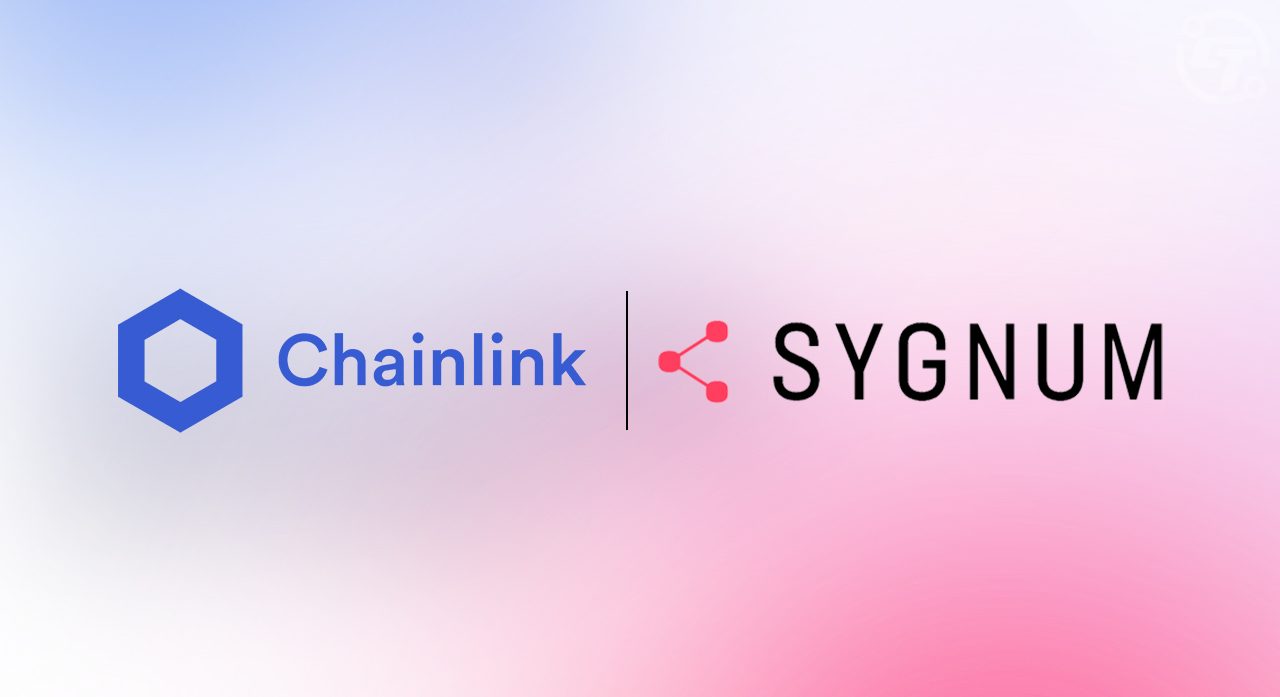In a landmark collaboration announced at the Point Zero Forum, Fidelity International and Sygnum have joined forces with Chainlink to innovate the management of tokenized asset data. This partnership aims to integrate Net Asset Value (NAV) data onto blockchain platforms, enhancing accessibility and transparency within the digital asset sector.
The initiative represents a significant convergence of traditional finance and blockchain technology. Fidelity International, a prominent global investment firm, and Sygnum, a leading cryptocurrency bank, plan to leverage Chainlink’s advanced technology to bring real-time, on-chain NAV data. This data will specifically support Sygnum’s tokenized representation of Fidelity’s $6.9 billion Institutional Liquidity Fund.
Sygnum recently gained attention by tokenizing $50 million of Matter Labs’ treasury reserves, utilizing the ZKsync blockchain under Chainlink’s SCALE program. This move underscores a broader industry trend towards integrating blockchain with established financial systems, showcasing technological innovation.

Chainlink plays a pivotal role in this transformation due to its chain-agnostic approach, ensuring secure and accurate dissemination of NAV data across various blockchains. This capability promises real-time transparency and access to historical data, benefiting Sygnum’s clients and the wider market.
Fatmire Bekiri, Head of Tokenization at Sygnum, emphasized the partnership’s significance in bridging the gap between traditional finance and blockchain sectors. She stressed the importance of setting standards and fostering collaboration among regulated financial institutions, blockchain firms, and asset managers.
The collaboration addresses the growing demand for on-chain NAV data from blockchain-native companies, aiming to establish a compliant and regulated on-chain ecosystem. This effort marks a strategic alignment between Fidelity, Chainlink, and Matter Labs to advance the tokenization of funds in the digital asset space.
Sergey Nazarov, Co-founder of Chainlink, highlighted the increasing trend of fund tokenization within cryptocurrencies and viewed the partnership as a significant step for global asset management firms. He noted that tokenized funds could potentially surpass traditional methods in terms of reach and efficiency, positioning them as the industry standard.
Despite the positive industry developments, Chainlink’s native cryptocurrency, LINK, experienced a slight decline in price to $14.41 amid broader market fluctuations. Chainlink Futures Open Interest remained stable, indicating a muted market response to the partnership announcement at that time.
